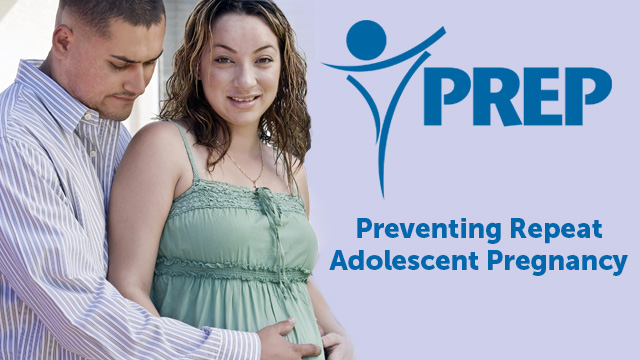
Young women who have already had a baby account for one in six teen births. Rapid repeat pregnancies can have adverse consequences for young mothers and their children and can compound the negative effects of adolescent childbearing. A small but growing body of evidence suggests that interventions for adolescent mothers can promote healthy birth spacing by providing individualized support services and improved access to effective contraception. A rigorous evaluation of Steps to Success—a home visiting program for adolescent mothers that offers counseling on contraception, adequate birth spacing, parenting, and child development—aims to build on this growing body of research.
A new report presents evidence on the early impacts of the Steps to Success home visiting program for adolescent mothers in San Angelo, Texas. The program is being operated as part of a research study in which young mothers are randomly assigned to receive one of two home visiting interventions: Steps to Success or a traditional program focused on parenting and child development. The report is part of a multicomponent evaluation of the Personal Responsibility Education Program (PREP), which is led by Mathematica for the Administration for Children and Families within the U.S. Department of Health and Human Services. PREP provides federal funding to educate youth on abstinence and contraception.
The report examines early impacts of Steps to Success measured about one year into the two-year program. The study found the following:
- After one year, Steps to Success increased mothers’ use of long-acting reversible contraceptive methods. In addition, some evidence indicates that Steps to Success decreased the incidence of unprotected sex.
- Mothers in the two research groups reported similar rates of repeat pregnancy in the year after study enrollment.
- After one year, there was no evidence that Steps to Success improved father involvement, mothers’ education and career aspirations, or mothers’ parenting behavior relative to the traditional home visiting program.
This report is the second in a series on the implementation and impacts of Steps to Success in San Angelo. An earlier process study report described the design and implementation of Steps to Success. A future report, scheduled for release in 2019, will examine the effects of Steps to Success on participating mothers’ contraceptive use, subsequent pregnancies, and other outcomes two years after they enrolled in the program.

